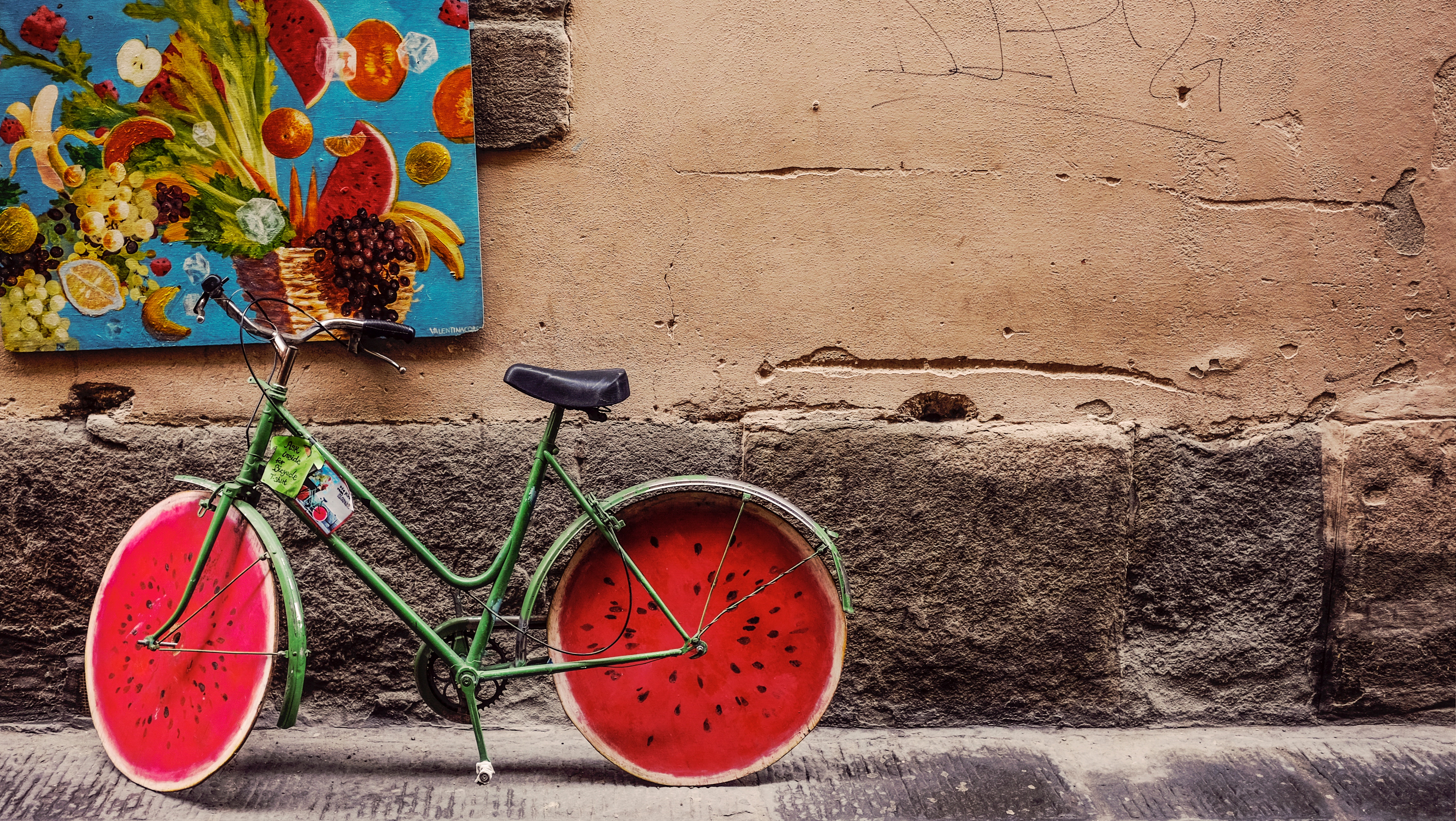
Cycling for Happiness & Quality of Life
Cycling is all about “Happiness and Quality of Life” and therefore such a subtheme could not be missing from Velo-city 2018! Happiness and Quality of life broadens the idea of health to include mental, physical, as well as environmental health. During the planned sessions, we will take a closer look on all aspects which contribute to happiness and quality of life from a cycling perspective; urban health, physical and mental well-being, leisure, tourism, urban planning, design, health impacts and road safety.
The first day will include two sessions on Happiness and Quality of Life. The first one will focus on environmental urban and mental health, assessing the importance of cycling for improving quality of life. The session will explore the role of cycling as a connecting link between environment, cities and quality of life. The second one will be devoted to tourism governance, the wheels behind cycle-tourism, which will explore the necessity of a comprehensive model of governance in order to improve cycle tourism. A debate among the European model (Eurovelo), a supranational and the Latin American models will also be featured, providing different case-studies and best practices for successful cycle tourism governance.
During the second day, the sessions will discuss the importance of advocacy, multi-sector collaboration and partnerships in understanding social movements, cycling culture and activism. Moreover, a whole session on Sports & Leisure will discuss their impact on behavioral change for more cycling. The role of cycling in the public space realm will also be explored, examining the potential of cycling networks’ expansions through shared roads.
Day three will include sessions, devoted to cycle tourism and public space renovation, innovation and quality of life. The public realm is a space for coexistence, mobility, access and inclusion. New regulations, innovations and the New Urban Agenda are a few of the topics to be elaborated.
During the final day, cycling will be viewed as a social inclusion tool and a solution to suburban isolation, providing examples of bicycles’ benefits in prison schools. It will be discussed whether cycle-inclusion will make sustainable transport more inclusive and just.
The subtheme Happiness and Quality of Life will conclude with Hybrid (Happiness) Oriented Development (HOD) vs. Transport Oriented Development (TOD) session. This stimulating session will welcome Erik Tetteroo, consultant at APPM for urban planning and bicycle-inclusive mobility. Erik has developed the concept of HOD during his studies, based on the urban planning characteristics of the bike-train system. HOD is the Dutch style TOD, in which the scope of the bicycle determines development opportunities.
Urban planning can stimulate cycling. More and more cities encourage cycling as it improves livability, health, economics and accessibility. Most important: cycling makes people happier. As Leo Bormans puts it: 'Dutch children are the happiest children in the world, as cycling allows them to go far from their house and gives them the feeling of freedom.' This requires a safe and adequate environment. It is important to understand how urban planning can stimulate more people to shift to cycling. A study about the relation between urban planning and bicycle-inclusive mobility delivered insights in models for urban development. In this sense, we distinguish apart from the ‘old-fashioned’ Car Oriented Development (COD), a stronger focus on Transit Oriented Development (TOD) and Bicycle Oriented Development (BOD). Yet the most promising form seems to be the Hybrid bicycle-train Oriented Development (HOD). HOD delivers the perfect conditions for sustainable urban planning, which combines the speed and long distance of the train with the door-to-door flexibility of the bicycle.
The session will provide insights in the factors that stimulate the Hybrid bicycle-train system. This includes as well aspects from spatial planning (as density, proximity) as infra planning (e.g. bicycle facilities and quality of rail network). We also show that the ‘H’ in HOD not only directs to Hybrid, but also to Human scale, and to Happiness. In this sense policy makers are helped to understand how to realize a safe environment where children can cycle around happily.
For a dedicated article on how cycling makes you healthier & happier click here! For all information on the Velo-city 2018 Programme please click here! REGISTER NOW FOR VELO-CITY 2018 RIO DE JANEIRO Make sure to register now as early birds get a discount of $100 on the full admission price! Full price list here. *Stay up to date by following us on social media: Facebook, Twitter, Instagram and join our group on LinkedIn
Network/Project Involved:
Contact the author
Recent news!
Upcoming events
Contact Us
Avenue des Arts, 7-8
Postal address: Rue de la Charité, 22
1210 Brussels, Belgium









